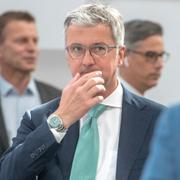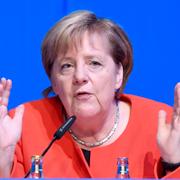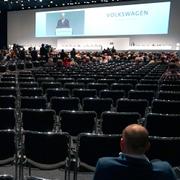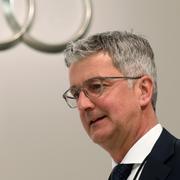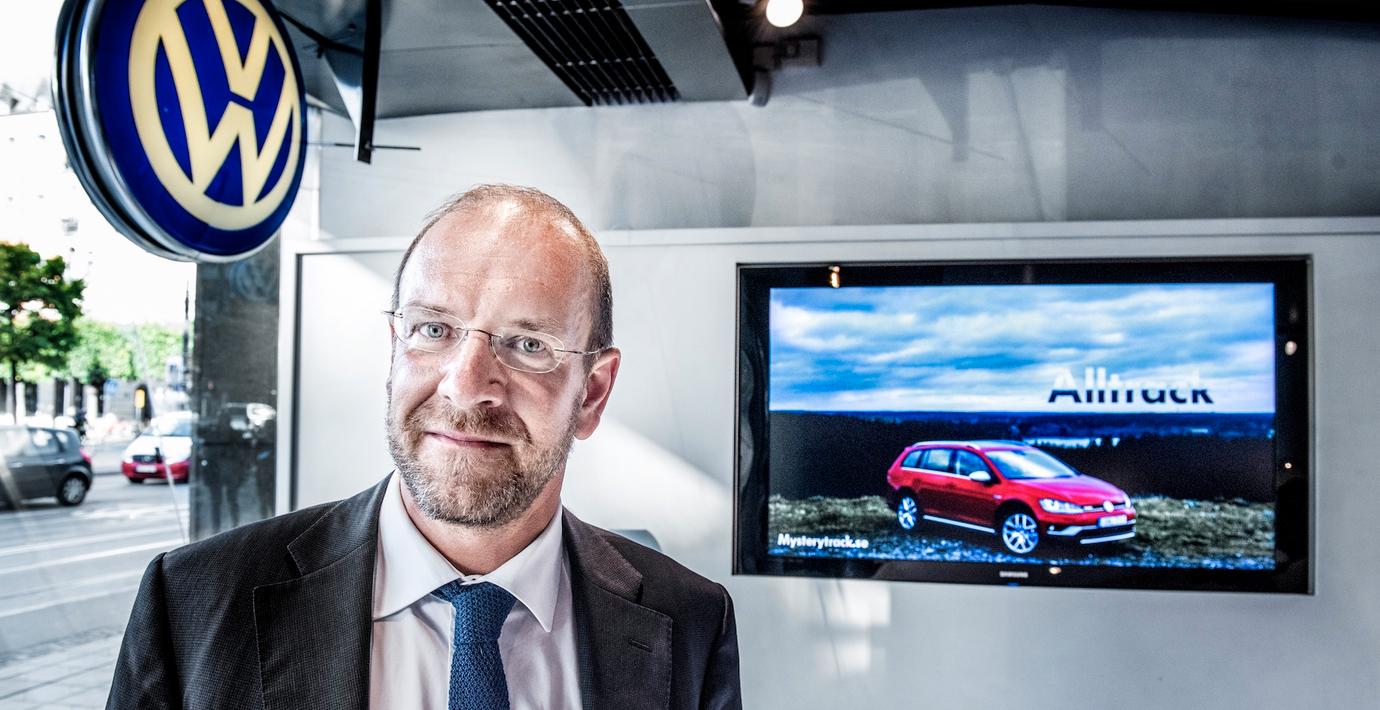
VW-chef: Förtroendekrisen tar minst två år att lösa
Under året ska 230 000 bilar i Sverige åtgärdas efter Volkswagens fusk med dieselbilar. Bilkoncernens svenske vd Claes Jerveland berättar i en lång intervju med SvD Näringsliv om de turbulenta dagarna i samband med att skandalen briserade, samt hur han ser på sitt eget ansvar då och nu gentemot svenska VW-kunder.
Han resonerar även kring hur synen på bilmärket har påverkats.
– Det här kommer att kosta oss mycket. En sak är att fixa bilarna, det tar ett år. Men den stora kostnaden är ju förtroendekrisen. Den kommer att ta minst två år att lösa, säger han till SvD Näringsliv.
bakgrund
Volkswagens utsläppsskandal
Wikipedia (en)
On 18 September 2015, the United States Environmental Protection Agency (EPA) issued a notice of violation of the Clean Air Act to German automaker Volkswagen Group, after it was found that the car maker had intentionally programmed turbocharged direct injection (TDI) diesel engines to activate certain emissions controls only during laboratory emissions testing. The programming caused the vehicles' nitrogen oxide (NOx) output to meet US standards during regulatory testing, but emit up to 40 times more NOx in real-world driving. Volkswagen put this programming in about eleven million cars worldwide, and in 500,000 in the United States, during model years 2009 through 2015.
These findings stemmed from a study on emissions discrepancies between European and US models of vehicles commissioned in 2014 by the International Council on Clean Transportation (ICCT), summing up the data from three different sources on 15 vehicles. Among the research groups was a group of five scientists at West Virginia University, who detected additional emissions during live road tests on two out of three diesel cars. ICCT also purchased data from two other sources. They provided their findings to the California Air Resources Board (CARB) in May 2014.
Volkswagen became the target of regulatory investigations in multiple countries, and Volkswagen's stock price fell in value by a third in the days immediately after the news. Volkswagen Group CEO Martin Winterkorn resigned, and the head of brand development Heinz-Jakob Neusser, Audi research and development head Ulrich Hackenberg, and Porsche research and development head Wolfgang Hatz were suspended. Volkswagen announced plans to spend US$7.3 billion on rectifying the emissions issues, and planned to refit the affected vehicles as part of a recall campaign. The Volkswagen emissions scandal raised awareness over the higher levels of pollution being emitted by all vehicles built by a wide range of car makers, which under real world driving conditions are prone to exceed legal emission limits. A study conducted by ICCT and ADAC showed biggest deviations from Volvo, Renault, Jeep, Hyundai, Citroën and Fiat. A discussion was sparked that software-controlled machinery will generally be prone to cheating, and a way out would be to make the software source code accessible to the public.
Omni är politiskt obundna och oberoende. Vi strävar efter att ge fler perspektiv på nyheterna. Har du frågor eller synpunkter kring vår rapportering? Kontakta redaktionen
